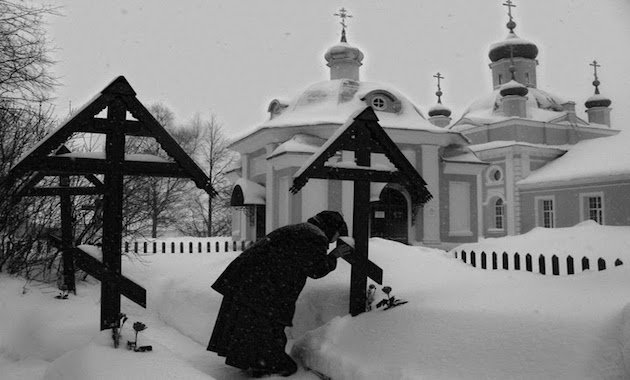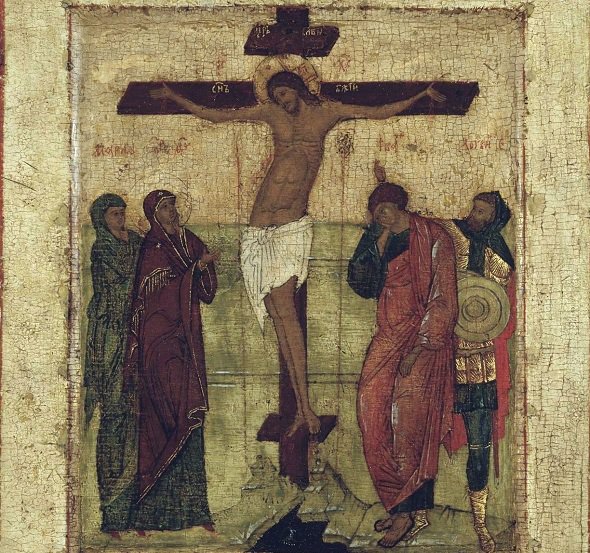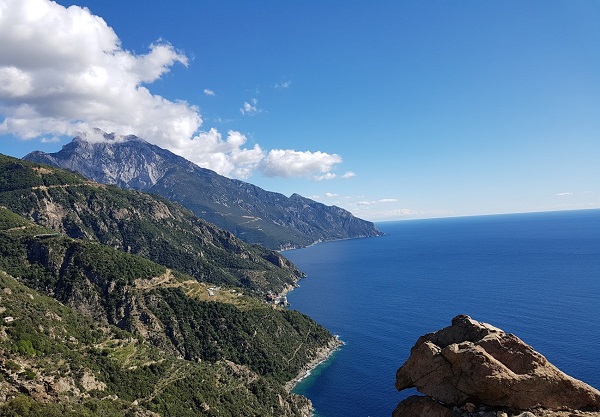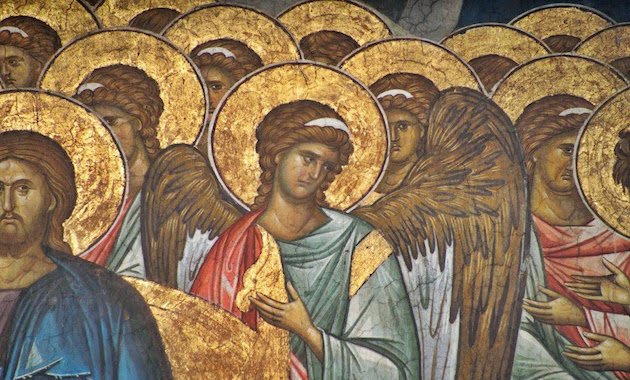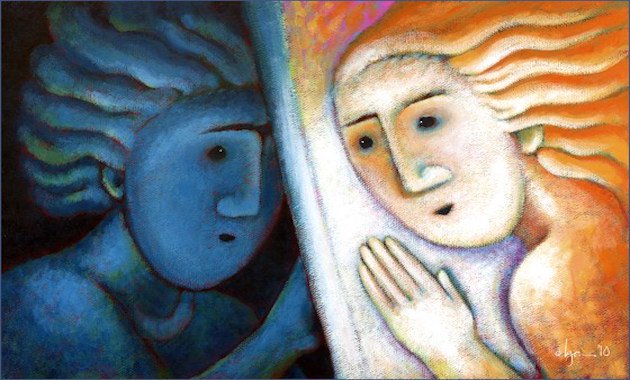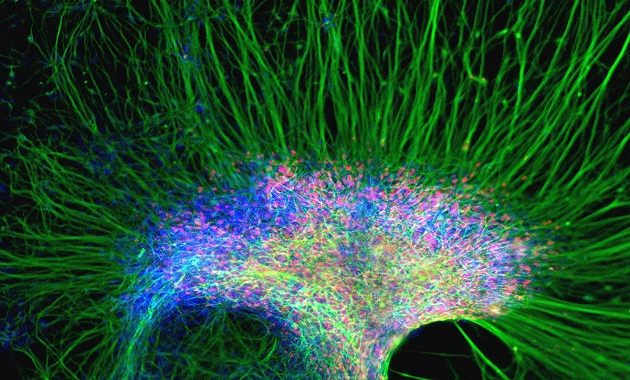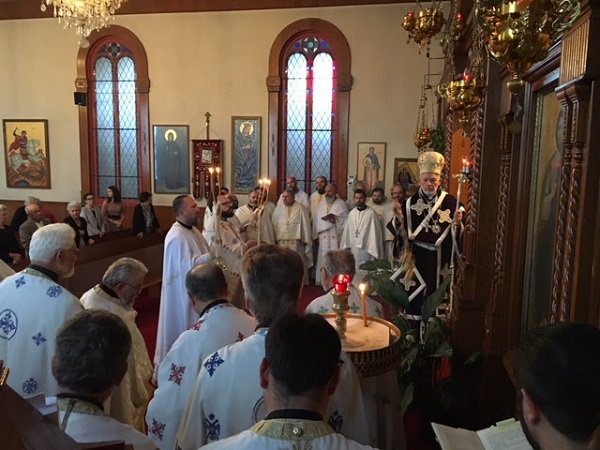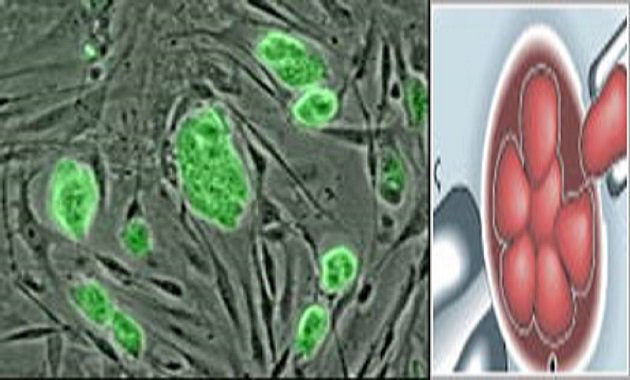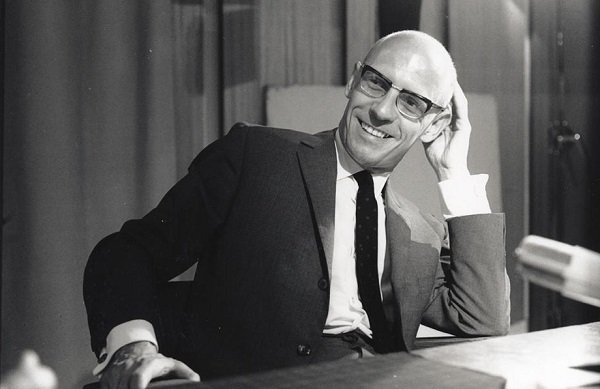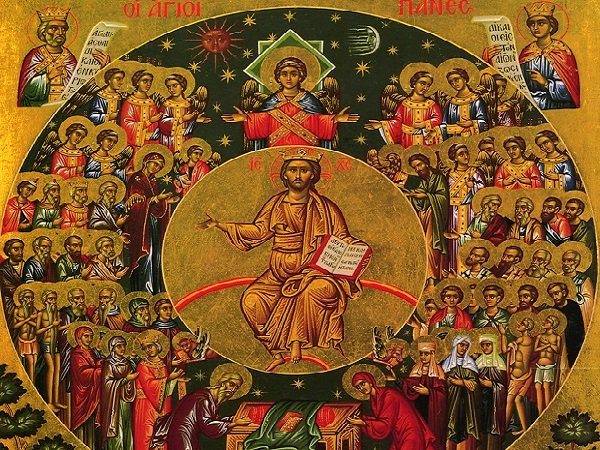
The saints are our friends and the friends of God, the people to whom we can always turn. On the one hand, to receive comfort and strength. On the other to receive models tried and tested by God for our everyday life, our everyday trial, since they’ve been tried and proved ‘like gold in the furnace’. Their life is not merely a moving narrative, but an indication of how we might live. So now we’ll bring their message into today’s bleak atmosphere. These days we’re experiencing the shock of a global crisis which is particularly and painfully felt on the economic level and which is continually deepening our insecurity, despair and the breakdown of social norms. But let’s see what crisis means. ...

